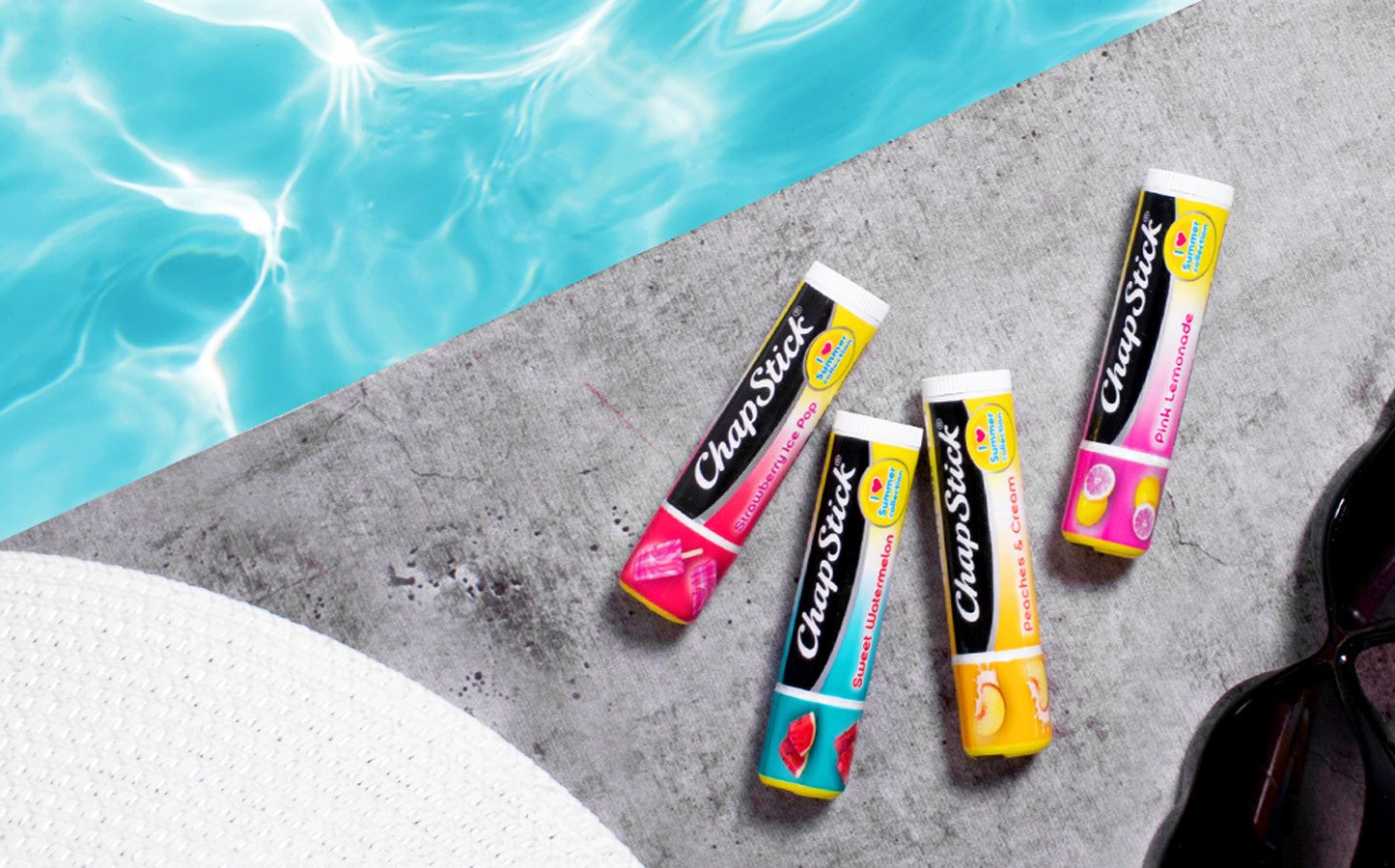
If you live in an area where it gets dry and cold during the winter, you're probably no stranger to the feeling of dry, cracked lips. Once the temperatures begin to drop, your lips are one of the first victims to the dry air that follows the cold. Irritated, dry lips turn cracked and painful in a moment's notice, and you suddenly wish you hadn't taken your smooth lips for granted. Thankfully, there are steps you can take to keep your lips from feeling like a cracked, dry desert floor. By taking preventative steps and using effective treatment methods, you can get your lips feeling supple again in the most hopeless climates.
What Causes Your Lips to Crack?
Most people experience chapped or cracked lips from time to time, making cracked lips a common problem.1 Dry conditions like winter weather are the most common explanation for why your lips may be cracking. However, dry air from cold weather isn't the only thing that can cause problems for your lips. While winter is an unlikely time to be on the lookout for sunburn, the sun can burn dry, chapped lips more easily and cause them to crack further.2 Sunburn on lips that are already dry and cracked can also trigger cold sores and give you another painful problem to worry about tying back to your lips.2 You might feel the urge to constantly moisten your lips when they feel dry or cracked, but try to avoid licking your lips. When you lick your lips, the saliva evaporates quickly and leaves them feeling drier than before you licked them.1 Try to avoid picking at or biting your lips when they're cracked or peeling, as this can irritate them and prevent healing.2
How to Prevent Cracked Lips
A case of cracked lips is never fun to deal with, but you can prepare yourself for the dry winter conditions that can cause them. When you need to step outside, cover your lips with a scarf to limit exposure to the dry air outside.1 Face masks are generally not worn in uncrowded outdoor settings3, but you can keep them on to protect your lips from the dry air as well. Staying hydrated and drinking plenty of fluids can help keep your lips moist and prevent cracking.1 Have a bottle of water with you in public or at the office and take frequent sips to stay hydrated and keep your lips moist. Make a habit of breathing through your nose if you can, as breathing through your mouth can cause your lips to dry out.1 Plugging in a humidifier at home and keeping it by your bed can help keep your lips moisturized, especially if you breathe through your mouth at night.2,4
It's good to have a daily skincare routine but be mindful of the fact that some products contain ingredients that can affect your lips. Common ingredients in skincare products, like salicylic acid and eucalyptus, can further irritate your chapped or cracked lips.2 If you use any facial products with these ingredients, avoid touching your lips while washing. And if you don't already, make sure you're incorporating lip care into your skincare routine as well! It's easy to forget about your lips when you're caring for them, but they need just as much TLC as the rest of your face. Use white petroleum jelly or a non-irritating lip balm on your lips after washing your face to keep your lips supple and moisturized.2
How Using ChapStick Can Treat Your Cracked Lips
You can help smoothen out your cracked lips by using specialized ChapStick lip balms. Classic Medicated lip balm is an external analgesic that works to temporarily relieve pain caused by cold sores or cracked lips while moisturizing and protecting them from the drying effects of wind and cold weather. You can also protect your lips by using a lip balm with SPF like ChapStick Moisturizer Original lip balm. This lip balm protects from the sun with SPF 15 and seals in moisture for softer, healthier lips.
Find smooth relief from cracked lips by keeping a trusty ChapStick lip balm on you during the driest winter days. Read about ChapStick ingredients and finding the perfect lip care routine on the ChapStick News Nook.

